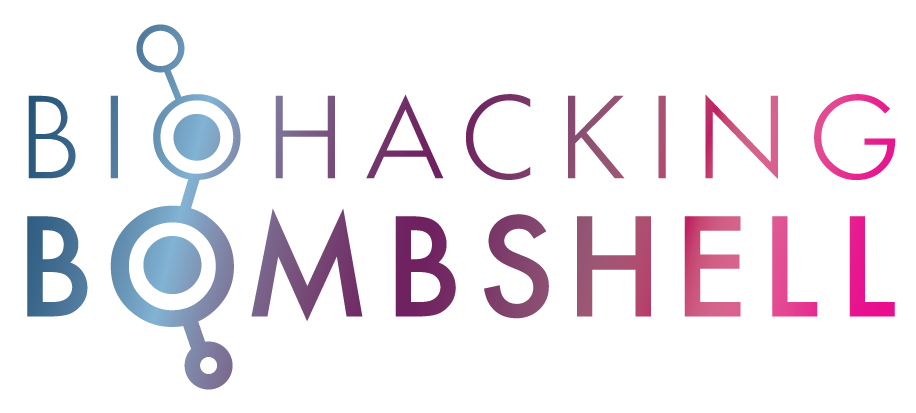Should you be concerned when consuming products with Natural flavors in them?
How do you know which ones are truly natural, and which ones contain additional ingredients?
These are the questions that need to be addressed, with “natural flavors” being the 4th most common ingredient on food labels these days (right behind salt, water, and sugar).
The Live Training video above will give you the 411 on this trending topic. But if you’d rather read than watch, you can find the details below!
First we’re going to address the question, “What is considered a “Natural Flavor?”
The FDA states that for something to be classified as a “natural flavor,” it simply needs to originate from something natural (you can find the exact FDA labeling requirements for natural flavors HERE). But that doesn’t mean it STAYS natural. In fact, one natural flavor tends to have anywhere from 50-100 chemicals added to it! So about 80-90% of your “natural flavor” isn’t natural! Crazy, right?!?
Here’s an example for you. Say you are drinking the strawberry flavored sparkling water beverage called Bubly. The ingredient label says the beverage contains “natural flavors”. So the scrumptious strawberry flavoring could have absolutely started from a natural strawberry source. But the FDA ultimately allows these companies, such as Bubly, to add over 3000 chemicals to the flavoring concoction and still list it as “natural flavors.” It’s very possible that it started as a strawberry extraction, had some ethanol or propylene glycol added to it, plus 90 other ingredients before they finally got the perfect strawberry flavor with zero calories to add to their beverage!
Now, ready to have your mind blown as I help you understand how
messed up the FDA regulation for flavoring REALLY is?! Take these two
scenarios:
Say a company creates a plain muffin. Then, they add
blueberry flavoring to it. On the ingredient label, it is required that
the company list it as artificial blueberry flavoring.
But say this
company now decides to bake this muffin with blueberries in it. And
again, they add the same blueberry flavoring from scenario 1. Now, on
the ingredient label, they are allowed to list it as natural blueberry
flavoring.
Why is this? How does that make sense? The FDA says that if you add extra flavoring to a product that already naturally contains that specific flavor, you can list the added flavoring as natural. But if you’re adding that flavoring to a product that DOES NOT naturally already contain that flavor (such as a plain muffin), it must be listed as artificial flavoring. So ultimately, you are putting an artificial flavor into a muffin with actual blueberries in it, so that makes the flavoring natural (INSERT HUGE EYE ROLL HERE).
Are “Natural Flavors” Any Better For You Than Artificial Flavors?
Since many natural flavors have countless other ingredients added to them without our knowledge (due to the poor regulation from the FDA), some will argue that artificial flavoring may be safer. The process and regulation of artificial flavors is much more definitive. Since natural flavoring regulation is so lax, many of these natural flavors can actually contain more chemical ingredients than artificial flavors!
Are Any Of These Natural Flavors TRULY Natural And Safe?
There absolutely are companies out there that are actually using 100% natural flavoring. The safest way to ensure that it is truly natural is for the natural flavoring to be organically qualified. But for those products that don’t have the organic qualification, how do we know if it’s truly natural? You have to contact the company itself and pray that someone answers you back. Ask them what their natural flavoring consists of. Sure, they might not respond or provide you with the detailed information you’re searching for. But at that point, it is up to you to decide whether you continue consuming their product, or take your business elsewhere and find an alternative product with definitive ingredients!
So which one flavoring is actually healthier — natural or artificial?
Unfortunately, I don’t have a definite answer for you! My tip to you.. Check your ingredient labels, and contact any companies that you need to to find out if their “naturally flavored” ingredients are actually naturally flavored, and make the best decision possible for you and your family for there! As consumers we need to be vocal about this topic and advocate for change in the poor quality FDA regulations!
FREE Consultation!
FREE Metabolic Jumpstart Guide
FREE Combat Cravings Guide
FREE Smartest Choices E-Book


